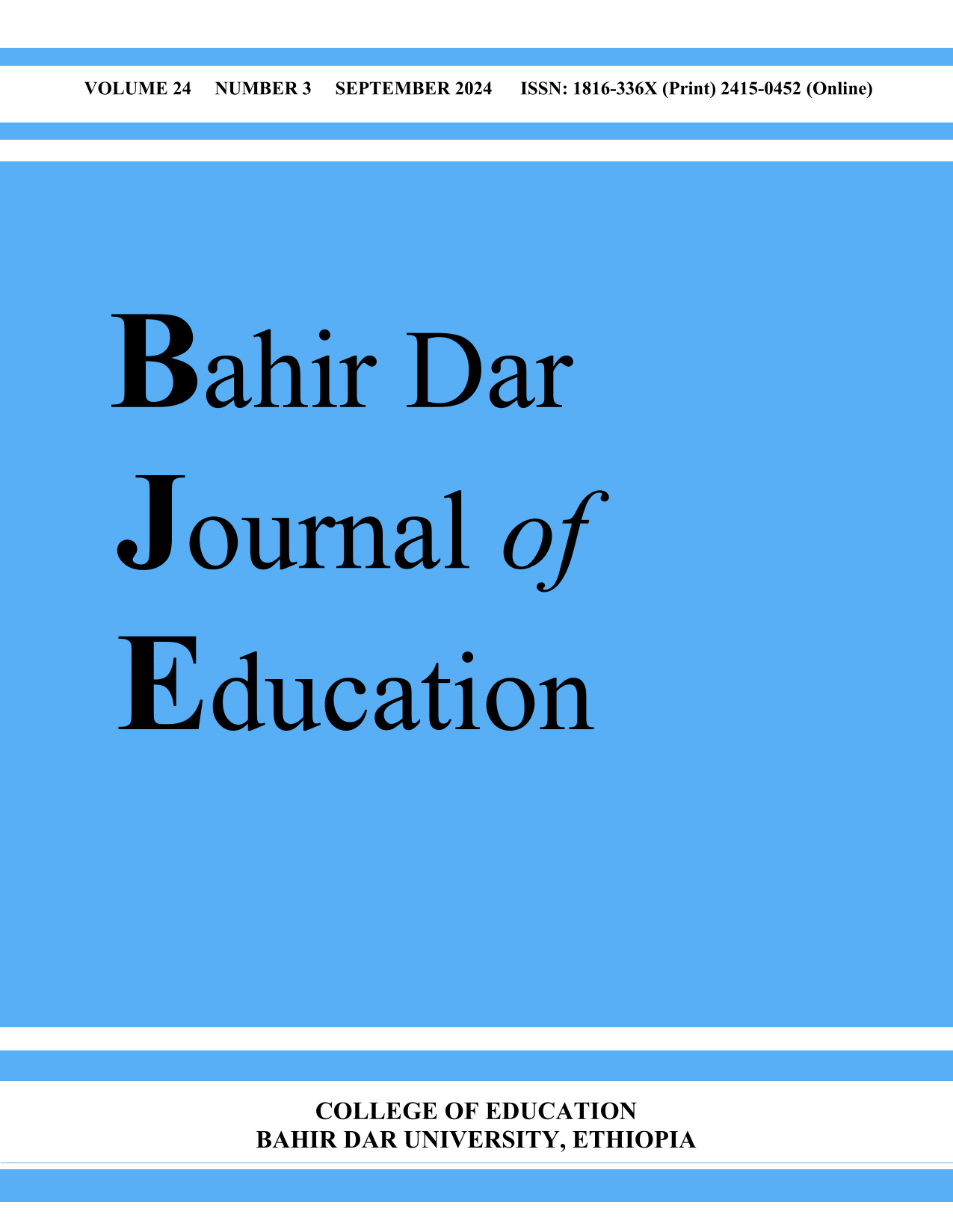Main Article Content
Exploring the interplay between emotional intelligence and academic performance of undergraduate university students
Abstract
This study aimed to investigate the relationship between perceived emotional intelligence and students' academic achievement. To this end, a quantitative research approach with a correlational design was employed. Participants were randomly selected using a stratified sampling technique, resulting in a sample of 135 second- and third-year undergraduate psychology students. An emotional intelligence scale was administered to these participants, and the collected data were subsequently analyzed using both descriptive statistics (including mean, frequency, and percentage) and inferential statistics (including independent sample t-tests, one-way ANOVA, Pearson product-moment correlation, multiple regression analysis, and mediation analysis). The findings indicated that students' perceived emotional intelligence levels were above average. Group comparison analyses revealed that, among various socio-demographic variables, only sex showed a significant difference in emotional intelligence. Similarly, the analysis showed that only the parents’ level of education significantly impacted students’ academic performance. Furthermore, a statistically significant positive relationship was found between emotional intelligence and academic achievement. Additionally, linear multiple regression analysis revealed that emotional intelligence significantly contributed to academic performance. Mediation analysis further revealed that the relationship between emotional intelligence and academic achievement is partially mediated by sex. Finally, the study concludes with recommendations aimed at enhancing the academic achievement of students.




